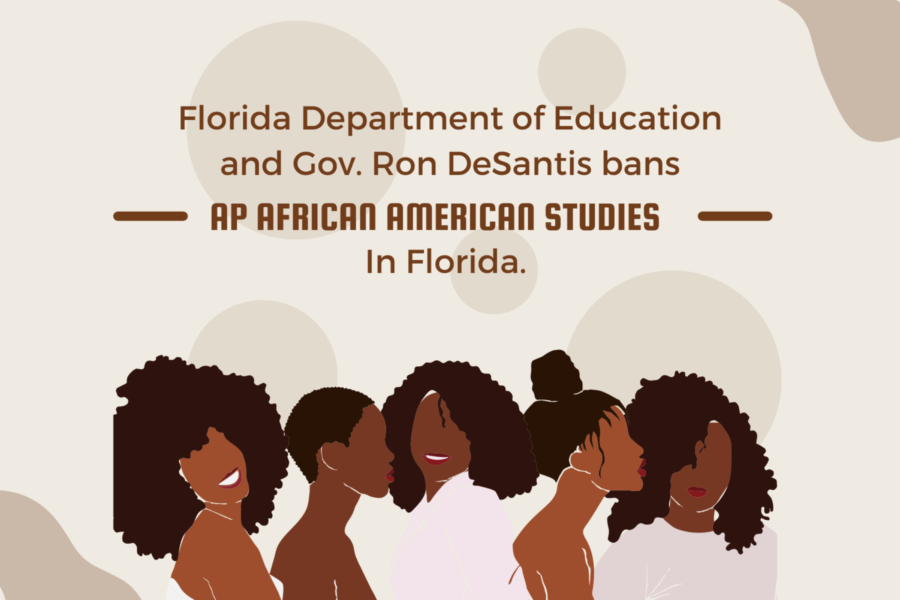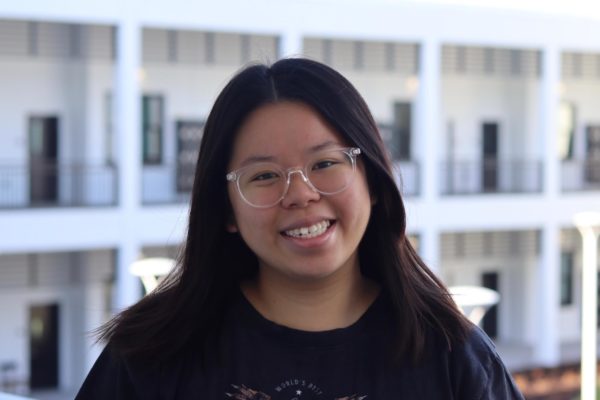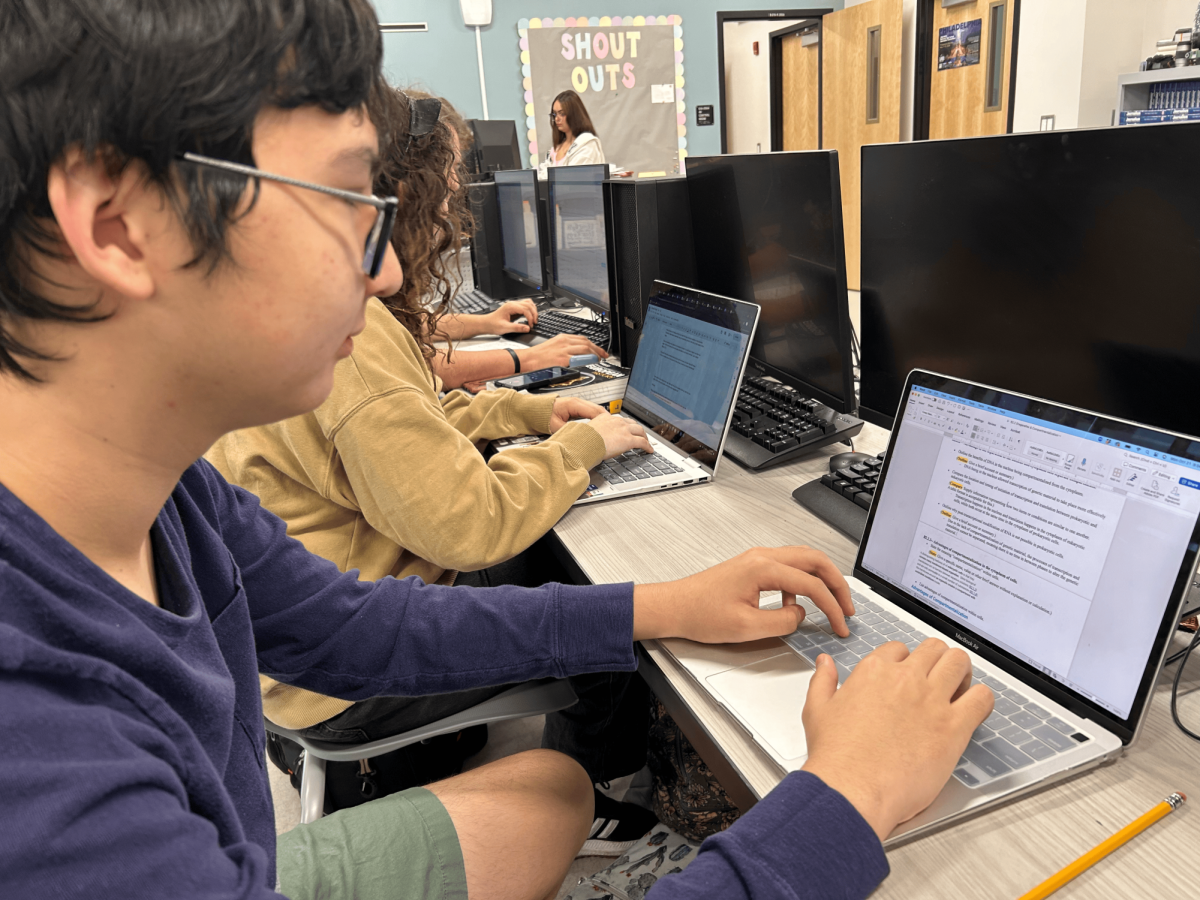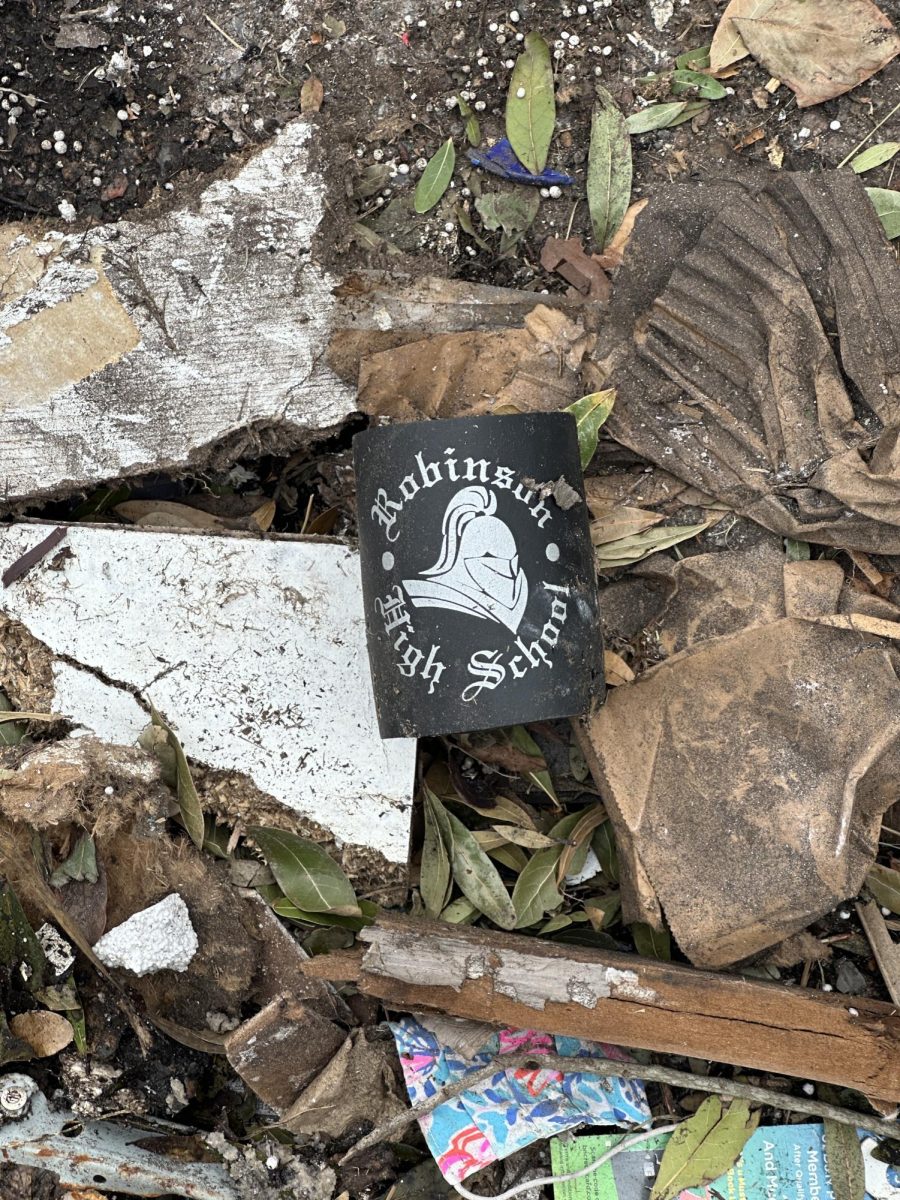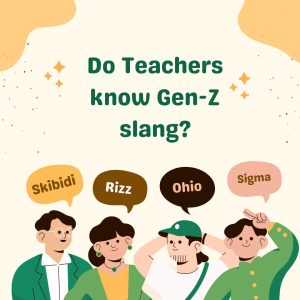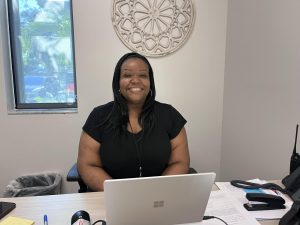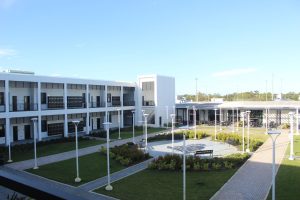Florida Bans New Advanced Placement Course
In a recent announcement, FDOE decided students in Florida will not be able to take AP African American Studies.
Photo Cecilia Cheng
A Canva graphic portraying African American women and text saying how AP African American Studies is being banned in Florida.
February 2, 2023
Every few years, College Board introduces new Advance Placement (AP) classes for students who wish to take a college-level class and potentially earn college credit at a high school level. Last September, they announced two new courses that will be tested out at 60 schools for the 2023-2024 school year: AP Precalculus and AP African American Studies.
Students in Florida though, will not have the opportunity to take one of the two new courses. The Florida Department of Education announced on Sunday, Jan. 22 that the proposed AP course in African American studies will be rejected as it is considered a “form of political indoctrination and a violation of state law.”
According to College Board, AP African American Studies aims to provide students with a greater understanding of the contributions and struggles of African Americans throughout history. Students would study various issues related to African Americans’ history and culture.
“I think it was insensitive for them to ban it from all [Florida] schools,” Brandon Allen (’24) said. “I believe Florida is moving back… African Americans will have less opportunities to learn about people that look like and represent them.”
Gov. Ron DeSantis argued that this course is in violation of what has been dubbed by critics as the “Stop WOKE” Act, which was passed on March 10, 2022. No state has ever outlawed an AP course prior to this.
“Now who would say an important part of Black History is Queer Theory? That is somebody pushing an agenda on our kids,” DeSantis said in an interview with CNN. “When you look to see they have stuff about intersectionality, abolishing prisons, that’s a political agenda.”
On the contrary, Florida still offers courses like AP European History, AP World History, AP Spanish Language and Culture, AP Latin, AP Japanese Language and Culture and much more.
“I think that the fact these classes are allowed but not this [AP AA studies] is unfair. I feel like every group should have courses that represent them equally,” Allen said.
Alongside Allen, sophomore Alayna Denise also disagrees with DeSantis and believes that all students in Florida should be given the opportunity to learn about a topic that heavily impacted the formation of our nation.
“It is completely unnecessary and a cop-out for white people to not have to take responsibility for atrocities that happened that were by their ancestors. Nobody is saying that current white people caused these issues, but they do continue to uphold them. If we don’t learn about history, we are doomed to repeat it,” Denise said.
The decision to eliminate the course has also sparked controversy among many individuals. According to ABC News, three students from Florida have decided to file a lawsuit against DeSantis and the FDOE. These three individuals emphasized how they should be allowed to learn about their heritage and background.
“I think we are missing out on the opportunity to have a course that would be very informative and help people understand their history, especially some students who feel like their parts of history don’t get enough attention,” IB History Teacher Gerard Batista said.
Robinson’s student population is comprised of 13.85% Black students as of the 2022-2023 school year, which is a relatively high percentage compared to high schools in the surrounding area, like Plant (5.07%) and Alonso (6.52%). If this course were to be offered at Robinson, both Allen and Denise said they would take it.
“I would take [this course] because it would help me learn more about my history and overall it just seems like an interesting class,” Denise said.
As of Wednesday, Feb. 1, College Board has taken this into consideration and revised its curriculum to have Black Queer studies to be an optional topic. DeSantis and the FDOE have not commented on what will further be done. Students feel the filtered curriculum would still restrict their education rather than enhance it.
“This ban won’t necessarily stop all black kids from learning our history, but it will prevent other kids from learning about it. Our culture is already secondary in this country, but banning this course will just be the icing on the ‘We don’t care about y’all’ cake,” Denise said. “Children must learn about everyone’s history so they can understand past actions are wrong.”


